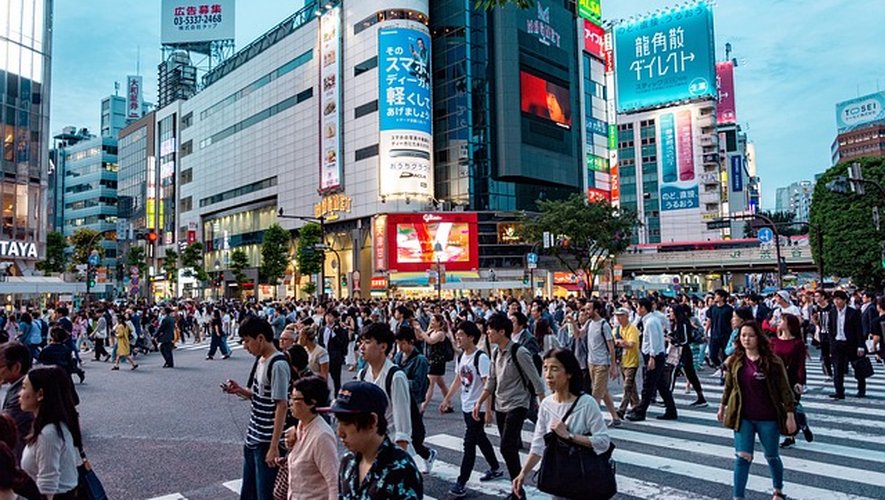Japan approved this Friday, June 16 the increase to 16 years of the age of sexual majority in the country, which was one of the lowest in the world (13 years), as part of a legislative reform against sexual assaults.
The reform, which also clarifies the prerequisites for prosecution for rape and criminalizes voyeurism, was unanimously approved by the Japanese Upper House. The minimum age of consent – below which any sexual activity is considered rape – is 16 in the United Kingdom or South Korea, 15 in France or 14 in Germany and China.
A law never modified since 1907
The age of consent in Japan had never been changed since it was introduced into law in 1907. However, in practice, departmental ordinances prohibiting “lewd” acts with minors are sometimes considered to be makes the age of sexual consent 18 in many parts of the country.
According to the new legislation, sexual relations between two teenagers over the age of 13 will not be punished if there is no more than five years between the two partners.
Hardening of sanctions
Japan amended its laws against sexual violence in 2017, the first in more than a century, but for many, this reform did not go far enough. In 2019, a series of acquittals in rape cases sparked protests across the country.
The reform approved on Friday also contains a new offense punishing people using intimidation, seduction or money to coerce minors under the age of 16 to meet them for sexual purposes. These facts will be punishable by a prison sentence of up to one year or a fine of 500,000 yen (3,250 euros).
“A message sent to society”
One of the most criticized points in Japan’s rape law so far is that prosecutors must prove that the defendants used “violence and intimidation”.
Critics of such narrow conditions argue that victims often find themselves blamed for not resisting enough, and point out that those assaulted may freeze or submit during a rape for fear of further injury.
Raising the minimum age of consent will “send a message to society that sexual violence against minors by adults is unacceptable”, Japanese NGO Human Rights Now said in a statement, calling the package of reforms a “great step forward”.

